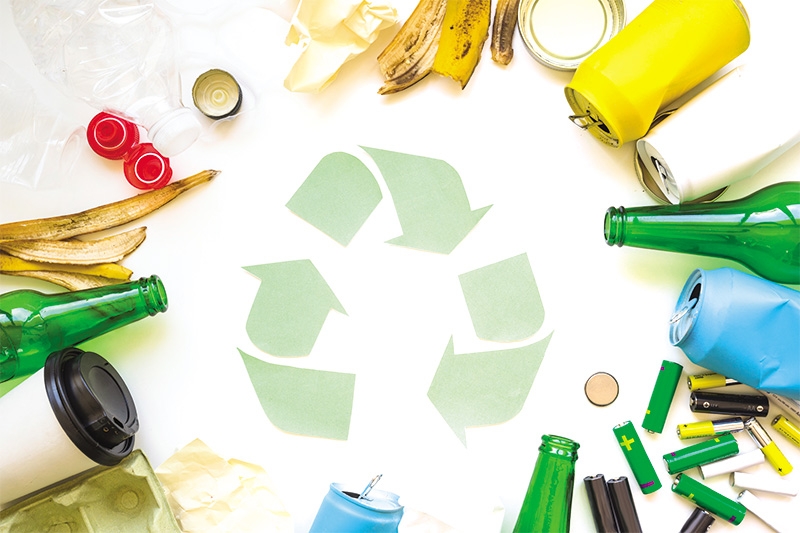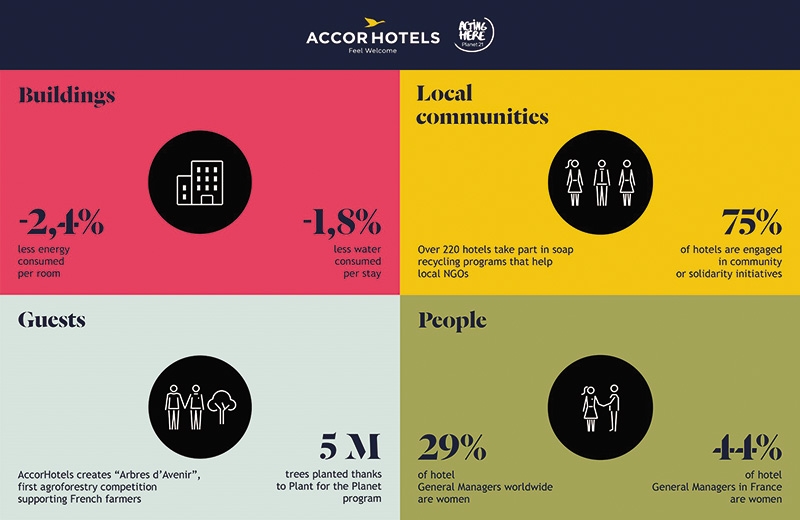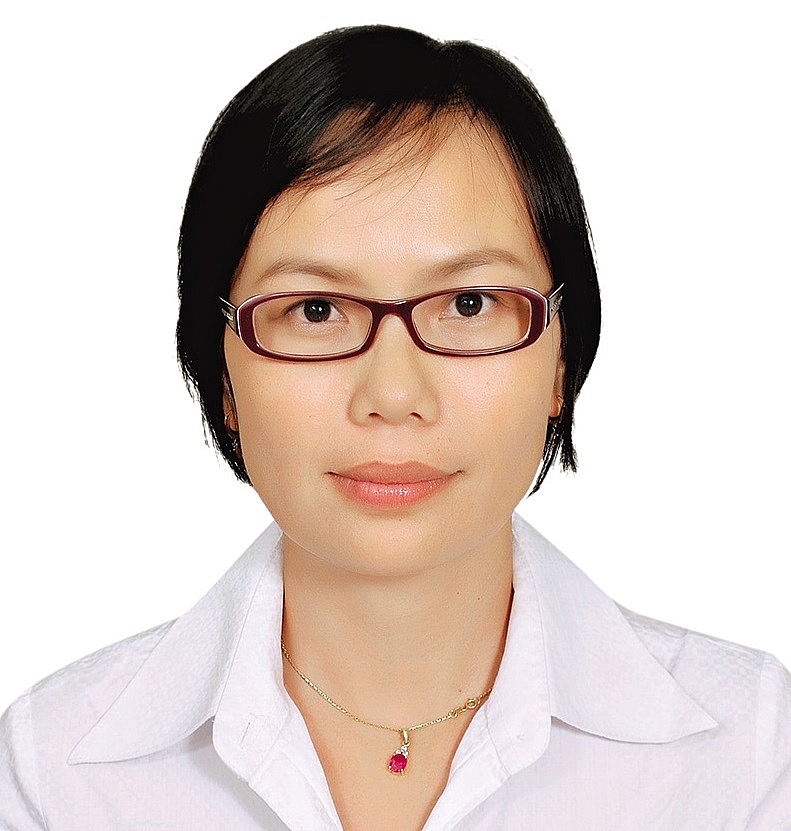Saying no to plastics in Vietnam
 |
| Supermarkets, hotels, and even the transport industry are looking to limit plastic waste, Photo: Freepik |
Last week, Vietnamese Prime Minister Nguyen Xuan Phuc signed Directive No.13/CT-TTg on sustainable development. Some of the key contents include organising the dialogues on related policies, assessing the sustainable businesses based on sustainable business indicators, mobilising participation in Partnering for Green Growth and the Global Goals 2030, and implementing initiatives on the circular economy.
The government, enterprises, and people have already been working to create a green consumption trend in order to reduce plastic waste across the country. From the outset, many enterprises and consumers have turned towards environmentally friendly plastics.
Tetra Pak Vietnam, a Swedish food processing and packaging solutions company, is working with local partners to set up a collection system to supply used cartons to recyclers. The company, who have made a presence in Vietnam since 1994, is piloting a used carton collection model at selected schools and public places in Ho Chi Minh City in support of the city’s waste management efforts.
Meanwhile, Tien Thanh JSC, a local packaging manufacturer in the northern province of Bac Ninh, has been using corn powder to make packaging products which can be decomposed in around 100 days in the natural environment. With such an environmentally-friendly feature, Tien Thanh’s products are in favour in countries such as the United States, Japan, and France.
Along with the participation of manufacturers, companies using massive nylon packaging have also made an effort to replace nylon with more sustainable items.
Asanzo Electric Group, a Vietnamese electric brand using Japanese technology, is switching to using recycled paper instead of plastic packaging in all products such as televisions, telephones, and household goods.
Pham Van Tam, chairman of Asanzo, said, “From 2013 most of Asanzo’s products were packed in plastic bags. Each product had at least four attached plastic bags to wrap products, controllers, wires, and foot soles.” Tam believed that the conversion of plastic packaging for packaging products into recycled paper is in line with the strategy of sustainable development and environmental protection.
Change in action can be seen clearly in supermarkets. Here, plastic bags have been replaced by self-decomposing versions. Particularly, in some supermarket systems like Co.opmart, Saigon Co.op, and Big C, banana leaves have been used to wrap vegetable instead of plastic bags.
Changes in tourism products
Meanwhile, many hotels have turned to environmentally friendly products like bamboo toothbrushes, grass straws, or loofah sponges.
Having made a mark in Vietnam for several years, AccorHotels Vietnam is currently a professional manager of more than 20 hotels, owning many brands with high international standards such as Sofitel Legend, MGallery, Pullman, Grand Mercure, and Novotel.
Over the years, implementing the Planet 21 programme which demonstrates the group’s ambitious goals for 2020, AccorHotels have asked customers to reuse their towels, and save water and energy to fund tree planting.
These hotel systems have also been using eco-designed beds which are made from wood sourced from sustainably-managed forests, as well as bedspreads and pillowcases made from recycled bottles. In addition, eco-certified soap, shower gel, and shampoo are available in the hotel rooms themselves.
Championing 25 years of sustainable development since its inception in 1994, Banyan Tree Hotels & Resorts has pioneered the journey of stewardship in its commitment towards communities through its philosophy of embracing the environment and empowering people.
This year Banyan Tree launched its aims towards overall plastic reduction, developing sustainable alternatives for its range of guest amenities such as cotton buds, combs, and toothbrushes.
Using another model of the circular economy in tourism is the Vietnam Grand-Palace hotel cluster. Over the years, this group has implemented waste management and treatment processes, and used a solar power system and solar water heaters.
At the same time, the classification and reuse of garbage has always had the utmost attention paid by hotel leaders and staff. The hotel focuses on using green, environmentally friendly products to serve guests such as bath oil, shampoo, hand-washing soap, and toothpaste used by Vietnamese suppliers and produced from Vietnamese materials. Thanks to all of these acts, the Vietnam Grand-Palace hotel group has been considered as a leader in environmental protection.
Solutions for plastic waste
In the middle of April, US-based chemical company Dow and DEEP C industrial zones in Haiphong signed a memorandum of understanding on building the first road using recycled plastics at the DEEP C complex. The project aims to divert post-use flexible packaging from becoming litter or entering a landfill, while also creating more durable, longer-lasting roads.
Ekkasit Lakkananithiphan, general director of Dow Vietnam, told VIR. “Since 2015, the circular economy has been Dow’s sustainable development target towards 2025. Roads made from recycled plastic demonstrate that plastic waste can be a valuable renewable resource, contributing to the development of the plastic circular economy.”
“DEEP C pioneers the building and converting of industrial zones into eco-industrial parks,” said Do Quang Hung, first Deputy General Director of DEEP C. “One of the main goals under the eco-park initiative is promoting industrial symbiosis to mitigate and decrease industrial waste.”
According to Hung, the project will engage local governments, waste collectors, and the industry’s value chain to tackle marine debris and waste in Vietnam and develop better end markets for plastic waste. “This cross-industry collaboration shows the commitment each organisation has to advancing a circular economy and reducing the amount of waste in the environment,” he added.
Nguyen Quang Vinh, secretary general of the Vietnam Chamber of Commerce and Industry, and vice chairman of the Vietnam Business Council for Sustainable Development, also commented that a circular economy has been known as a solution for eco-friendly, durable, and sustainable prosperity.
“As it is one of our priorities to realise the sustainable development goals, we highly appreciate this initiative in reducing plastic waste and transforming urban mobility in Vietnam.”
 |
Brett Burton - Area general manager Banyan Tree and Angsana Lang Co Resorts
 |
Looking at the links between human activities, plastic pollution, and biodiversity loss with environment degradation, there is a unique opportunity for us to drive change on global plastic consumption among our stakeholders, especially the suppliers.
We are committed to our pledge to eliminate single-use plastics and embed climate change within our sustainability efforts. Accordingly, we announced a pledge against single-use plastics in support of Earth Day 2018. Within a year, this declaration has inspired change across its 48 hotels worldwide and successfully eliminated 4.2 million single-use items, equating to a significant 26 per cent reduction in total usage.
Bui Thi Xuan - Brand director ORFARM food chain Thuy Thien Nhu JSC
 |
We apply EM Technology throughout all steps of feeding, breeding, and ensuring hygiene for our pigs and chickens as well as using animal beds to make natural compost to grow vegetables and fruit trees.
During distribution, we always try out best to stay naturally. We are sharply reducing plastic bag usage at all our stores and encourage clients to reuse our non-woven carry bags, return plastic bags, as well as bring glass bottles, baskets or cloth bags to fill.
We use green and biodegradable microbial bags. We hope producers create convenient bags from natural materials at a lower cost so that many more people can use them every day.
What the stars mean:
★ Poor ★ ★ Promising ★★★ Good ★★★★ Very good ★★★★★ Exceptional
Themes: Towards Sustainability
- $100 million initiative launched to protect forests and boost rural incomes
- Decree opens incentives for green urban development
- European expertise to boost Vietnam’s sustainable logistics push
- Living with water: from policy to practice of the 'sponge cities' concept
- From climate pressure to new urban mindsets
Related Contents
Latest News
More News
- $100 million initiative launched to protect forests and boost rural incomes (January 30, 2026 | 15:18)
- Vietnam moves towards market-based fuel management with E10 rollout (January 30, 2026 | 11:10)
- Envision Energy, REE Group partner on 128MW wind projects (January 30, 2026 | 10:58)
- Vingroup consults on carbon credits for electric vehicle charging network (January 28, 2026 | 11:04)
- Bac Ai Pumped Storage Hydropower Plant to enter peak construction phase (January 27, 2026 | 08:00)
- ASEAN could scale up sustainable aviation fuel by 2050 (January 24, 2026 | 10:19)
- 64,000 hectares of sea allocated for offshore wind surveys (January 22, 2026 | 20:23)
- EVN secures financing for Quang Trach II LNG power plant (January 17, 2026 | 15:55)
- PC1 teams up with DENZAI on regional wind projects (January 16, 2026 | 21:18)
- Innovation and ESG practices drive green transition in the digital era (January 16, 2026 | 16:51)

 Tag:
Tag:



















 Mobile Version
Mobile Version